Being able to attend LinkedIn’s first B2B Marketing conference, B2Believe was a real privilege and amazing experience. Hearing from the wealth and depth of B2B marketing and business expertise that exists within LinkedIn was equally informative and inspiring. One of the presentations that really stuck with me was about the power of Memory for B2B branding.
In the fast-paced world of B2B branding, standing out from the competition and being remembered is crucial. In this blog post, I will share the key rules for effective B2B branding, drawing insights from a presentation by Mimi Turner, Head of EMEA & Latin America, The B2B Institute at LinkedIn.
I think we can all agree that by understanding the power of memory and leveraging strategic techniques, B2B businesses can gain access to the untapped opportunities in brand building. Here’s a summary of the five essential rules Mimi shared that can help shape your B2B branding strategy.
Rule 1: The 95/5 Rule – Understanding the Buying Cycle
One of the fundamental insights revealed in Mimi’s presentation was the 95/5 rule. I’ve heard Ty Heath also talk about this concept. It states that at any given moment, only 5% of B2B buyers are actively in the market, considering a purchase. The remaining 95% are not actively engaged in the buying process. This highlights the need for two distinct strategies: one for in-market buyers and another for out-of-market buyers. By recognizing these two groups and tailoring approaches to each, businesses can effectively capture attention and create brand recall.
Rule 2: The Power of Memory and Consideration
Memory plays a pivotal role in B2B branding. To be considered during the decision-making process, a brand must be remembered by potential buyers. Research indicates that buyers often start with a shortlist of familiar vendors when making a purchase. Therefore, being part of the consideration set is critical. Building memory structures through storytelling, colors, codes, and even catchy jingles can enhance brand recall and increase the chances of being selected.
Rule 3: Emotional Context in B2B Decision Making
Contrary to the belief that B2B decisions are solely rational, emotions and social considerations heavily influence the choices made. B2B purchases have far-reaching consequences, impacting teams, bosses, and job security. Acknowledging the emotional and social dimensions of these decisions allows brands to connect with buyers on a deeper level. By understanding the context and motivations of B2B decision-makers, brands can develop messaging that resonates and fosters stronger relationships.
Rule 4: Reach Maximization vs. Reach Minimization
B2B and B2C branding strategies exhibit distinct differences. B2C brands tend to adopt a reach maximization approach, utilizing a wide range of channels and creative strategies. In contrast, B2B brands often adopt a reach minimization approach, narrowing their focus to specific channels and emphasizing informational and educational content. However, to truly stand out and reach potential buyers, B2B brands can benefit from adopting a broader reach maximization strategy, effectively leveraging various channels and creative techniques.
Rule 5: Building Strategic Assets
While many B2B brands focus on short-term, response-driven campaigns, the true opportunity lies in building long-term strategic assets. These assets are ideas or campaigns that are committed to over time, maximizing reach, and creating lasting brand recall. Surprisingly, only a small percentage of B2B marketers focus on these strategic assets, presenting a significant opportunity for businesses that embrace this approach.
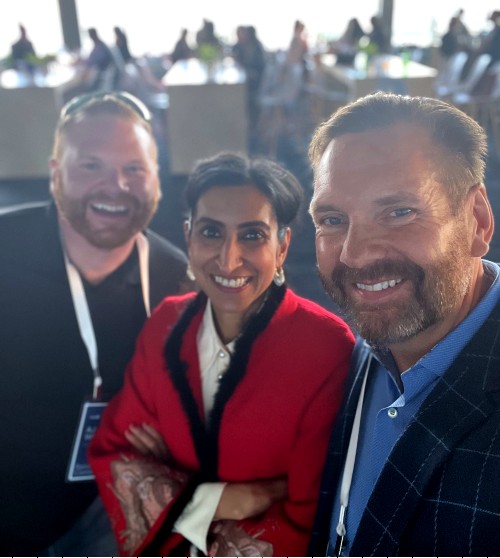
Making B2B Marketing memorable with AJ Wilcox and Mimi Turner at B2Believe 22
As you can see, B2B branding success can depend a lot on understanding the rules that govern the memory and decision-making processes of buyers. By embracing the 95/5 rule, optimizing for memory, recognizing the emotional context of decisions, adopting a reach maximization strategy, and building strategic assets, B2B businesses can position themselves for success. The untapped potential in B2B branding is vast, and those who take a proactive and strategic approach can differentiate themselves and leave a lasting impression in the minds of buyers.
Connect with Mimi on LinkedIn and The B2B Institute here.
The post The Five Rules for B2B Branding Success: Unlocking the Power of Memory appeared first on B2B Marketing Blog - TopRank®.
from B2B Marketing Blog – TopRank® https://ift.tt/4luMjnt
via IFTTT
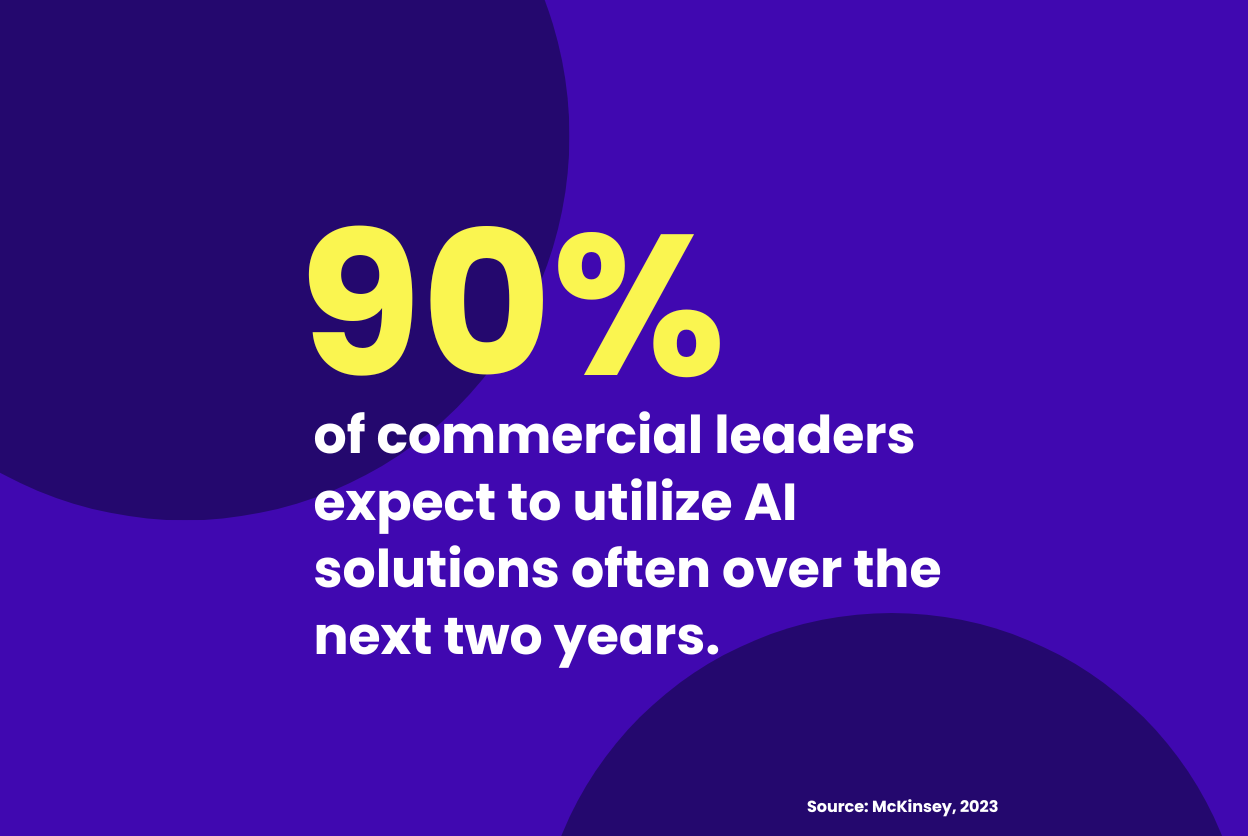
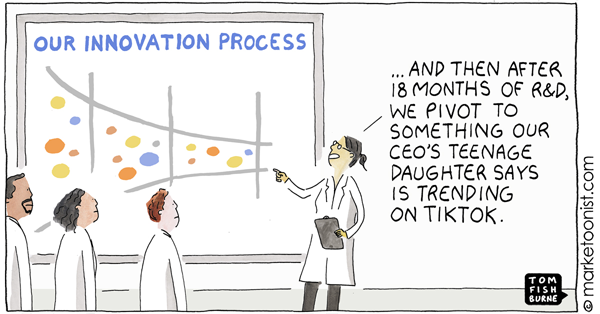
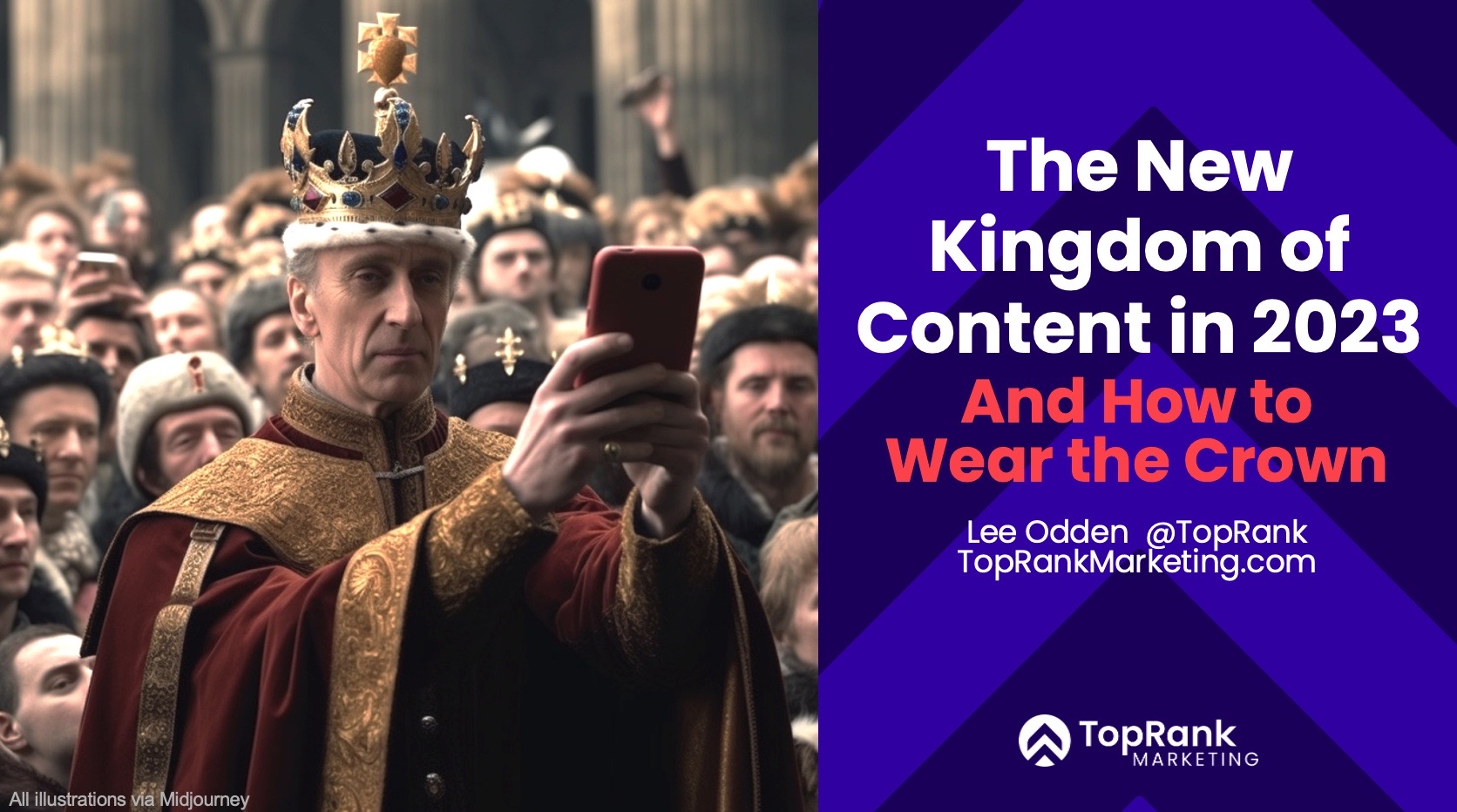
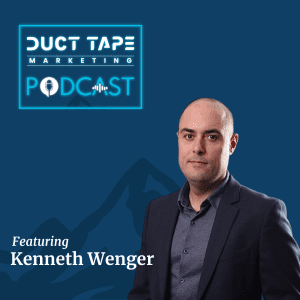 In this episode of the
In this episode of the 
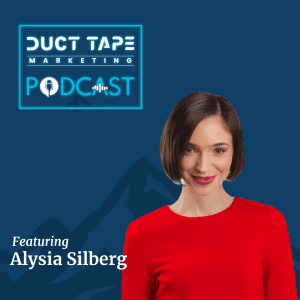 In this episode of the
In this episode of the